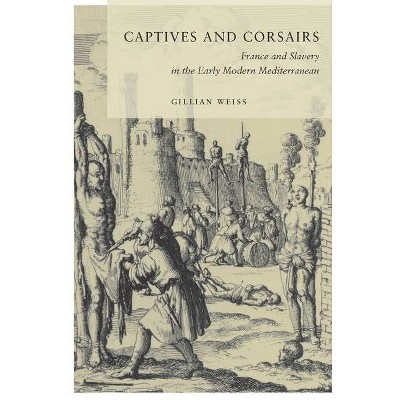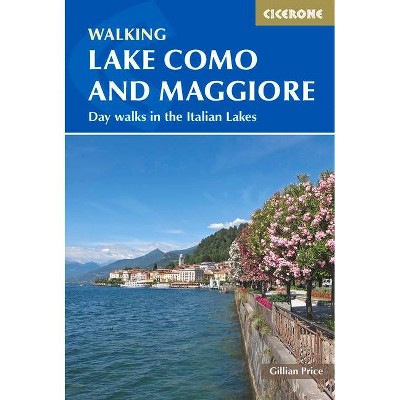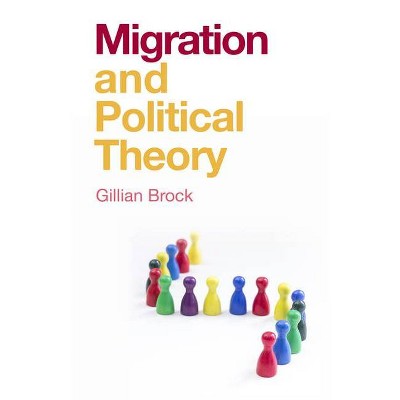Captives and Corsairs - by Gillian Weiss (Paperback)

Similar Products
Products of same category from the store
AllProduct info
<p/><br></br><p><b> About the Book </b></p></br></br><i>Captives and Corsairs</i> uncovers the forgotten story of Muslim corsair raids on French ships and shores and the resulting captivity of tens of thousands of French subjects and citizens in North Africa from around 1550 to 1830.<p/><br></br><p><b> Book Synopsis </b></p></br></br><i>Captives and Corsairs</i> uncovers the forgotten story of Muslim corsair raids on French ships and shores and the resulting captivity of tens of thousands of French subjects and citizens in North Africa from around 1550 to 1830.<p/><br></br><p><b> Review Quotes </b></p></br></br><br><i>Captives and Corsairs</i> is a well-researched and engagingly written book. Weiss's work complicates and enriches our understanding of the modern history of slavery and brings a valuable <i>longue durée</i> perspective to our understanding of early modern relations between France and North Arica.--Madeleine Dobie "<i>The Journal of Modern History</i>"<br><br><i>Captives and Corsairs</i> is undoubtedly a major contribution to both the growing literature on early modern slavery, and the existing literature on sociopolitical dynamics in the Western Mediterranean . . . Extremely well-written and well thought-out, this book shold be read by anyone with an interest in the fascinating and complex Mediterranean History. Clearly, we are in the midst of a renaissance of the study of Mediterranean captivity, and this book deserves close reading.--Araceli Gonzalez-Vazquez "<i>Canadian Journal of History</i>"<br><br><i>Captives and Corsairs</i> makes major contributions to the literature on early modern religion, slavery, diplomacy, and culture. Its municipal, provincial, and overseas perspectives enrich traditional narratives of absolutism and state-building, create a much-needed dialogue between early modern and modern histories of France, and demonstrate that new, global methodologies can enliven traditional historical questions.--Junko Thérèse Takeda "<i>American Historical Review</i>"<br><br><i>Captives and Corsairs</i> not only enriches our understanding of early modern slavery, it also demonstrates that interactions with North Africa were central to the construction of French identity, state-building, and visions of hierarchy long before France actually colonized the region in the nineteenth century. Weiss's book offers a powerful example of transnational history in dialogue with more traditional historical questions about state, religion, and geopolitics.--Suzanne Desan "University of Wisconsin"<br><br>Gillian Weiss has given us a broad and definitive book on the presence of French slaves in North Africa and efforts at their redemption in the 17th and 18th century. With fresh vision, she shows us how the struggle against Mediterranean piracy strengthened the French monarchical state, reshaped the legitimization for slavery in a 'racialized' direction, and even provided the arguments for the later French colonization of Algeria. Full of verve and rich detail, <i>Captives and Corsairs</i> is history-writing at its best.--Natalie Zemon Davis "University of Toronto"<br><br>In a remarkably erudite and lucid narrative, Gillian Weiss tells the unjustly neglected story of Mediterranean slavery, highlighting the interchange between French captives in North Africa and Islamic captives in France. <i>Captives and Corsairs</i> is a fascinating chronicle of changing cultural perceptions that will be warmly welcomed by all historians of modern Europe, all scholars of slavery, and all thinking individuals concerned with West/East and Christian/Islamic relations.--Colin Jones, Queen Mary "University of London"<br><br>On this stage of scholarly hostility steps Gillian Weiss in a book of masterful erudition, herculean archival research, and deep understanding of French history. . . Gillian Weiss has written a rigorously documented and insightful book. It is a study that all scholars who write about captivity in the Mediterranean should try to emulate, though it will not prove easy.--Nabil Matar "<i>French History</i>"<br><br>Throughout the text, Weiss challenges binary constructs and goes beyond a comparative perspective to one of connected history by showing not only how captivity of Christians was related to and often interdependent upon captivity of Muslims but how Mediterranean captivity and Atlantic slavery were linked together. In this regard, she is especially convincing in demonstrating how tensions within France and between France and other European polities shaped France's involvement in the Mediterranean. Precisely because Weiss is so good in making unexpected links stand out, one is left pondering, what role did similar tensions and disagreements within the Maghribi regencies and among them play. . . Captives and Corsairs is one of the best studies of the early modern Mediterranean to have been written in the last two decades.--Daniel Hershenzon "<i>Revista Al-Qantara</i>"<br><br>Weiss has carried out detailed research in a wide range of French archives, both central and local, covering the period from the early sixteenth century to 1830. There has until now been a serious lack of an adequate English language study of French attitudes and policies towards Mediterranean corsairing and slavery in the Early Modern period. This excellent study fills that gap admirably.--Alan G. Jamieson "<i>International Journal of Maritime History</i>"<br><p/><br></br><p><b> About the Author </b></p></br></br>Gillian Weiss is Associate Professor of History at Case Western Reserve University.
Price History
Price Archive shows prices from various stores, lets you see history and find the cheapest. There is no actual sale on the website. For all support, inquiry and suggestion messages communication@pricearchive.us




















